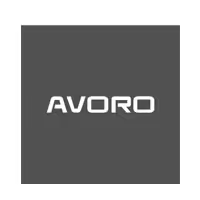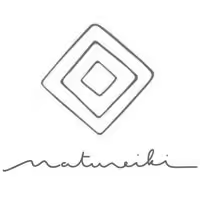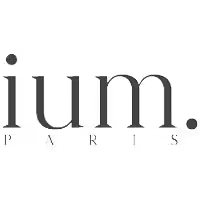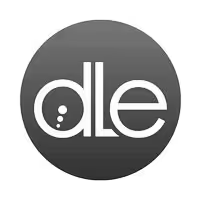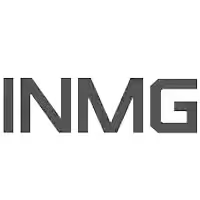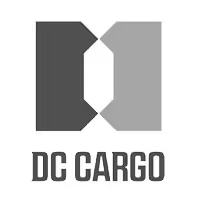What are Excluded URLs in GSC?

Google Search Console (GSC) is an essential tool for webmasters and SEO professionals, providing valuable insights into how a website is performing in search results. One of the critical areas that GSC focuses on is the status of the URLs indexed by Google. Among these statuses, "Excluded URLs" can often confuse users. Understanding what excluded URLs are and why they occur is vital for any website owner aiming to optimize their site effectively.
What are Excluded URLs in GSC?
Excluded URLs in Google Search Console refer to the URLs on your website that Google has chosen not to index. This means that, for various reasons, Google has determined these pages should not appear in search results. While it may initially appear alarming, the exclusion of URLs is not automatically detrimental to your site's performance. Many factors can lead to a page being excluded, and some exclusions may actually be beneficial.

The excluded URLs can be found under the "Coverage" report in GSC. This report categorizes URLs into different statuses: error, valid with warnings, valid, and excluded. Each category provides insight into how well your website is being crawled and indexed, as well as areas that may need improvement. Understanding the reasons behind these exclusions is crucial for any site owner. By regularly monitoring this report, webmasters can gain valuable insights into their website's health and make informed decisions about content management and SEO strategies.
Types of exclusions
There are several categories of exclusions that Google may classify URLs under. Each category has different implications and may require different approaches to resolve. Here are the main types of exclusions:
- Soft 404: This occurs when a page shows a "not found" message but returns a 200 OK status. Google considers it a content issue, leading to exclusion from search results.
- Redirect: If a URL is redirecting traffic to a different page, it may be excluded from indexing as the original page no longer exists in its intended form.
- Noindex tag: Pages with a "noindex" meta tag are explicitly instructed not to be indexed by Google. This is a common practice for pages with duplicate content or low value.
- Crawled but not indexed: Sometimes, pages may be crawled, but Google decides not to index them due to various factors, like low-quality content or lack of backlinks.
- Blocked by robots.txt: If a page is blocked by the robots.txt file, Google will not crawl or index it, resulting in exclusion.
Each type serves as a signal to Google about the content quality or authority of the page, helping the search engine determine what should be shown to users. Understanding these categories can empower webmasters to take corrective actions, whether that means improving content quality, fixing technical issues, or properly configuring their robots.txt file.
Common causes
Several common factors can lead to URLs being excluded from Google's index. Understanding these causes can help you identify problems and make necessary adjustments to your website:
- Duplicate content: If multiple pages on your website contain similar content, Google may choose to exclude some of them to avoid showing duplicate results in searches.
- Low-quality content: Pages that are deemed thin or lacking in valuable information may be excluded. Google prioritizes quality over quantity, so content that doesn't add value to users may be disregarded.
- Technical issues: Certain technical problems, such as incorrect redirects or broken links, can prevent Google from properly indexing a page.
- Noindex directives: The use of noindex tags can lead to exclusion, particularly if they are not deployed correctly or are applied to important pages unintentionally.
It's essential to conduct a thorough review of your website to diagnose these issues and rectify them for better indexing results. Regular audits can help you stay ahead of potential problems, ensuring that your content remains accessible and valuable to users. Additionally, leveraging tools like Google Analytics in conjunction with GSC can provide deeper insights into user behavior, helping you identify which pages are performing well and which may need to be improved or removed altogether. This proactive approach not only enhances your site's visibility but also contributes to a better user experience, ultimately fostering greater engagement and retention.
How to fix excluded URLs
To improve the chance of your excluded URLs being indexed by Google, it's imperative to take a proactive approach in resolving the underlying issues causing the exclusions. Below are steps and strategies to help fix your excluded URLs:
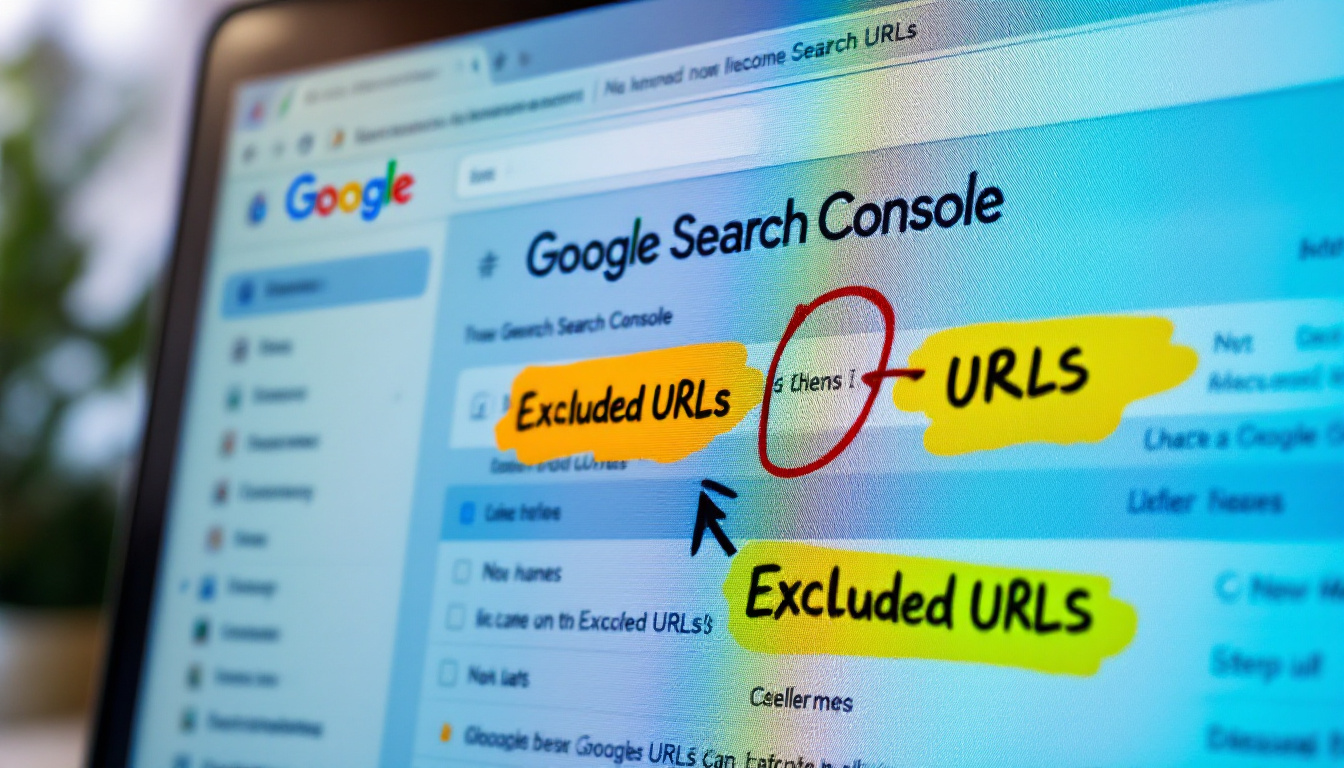
Identify the cause of exclusion
The first step in addressing excluded URLs involves identifying the specific reason for the exclusion. By tapping into the "Coverage" report in Google Search Console, you can analyze which URLs are excluded and why. The report provides insights into the type of exclusion, allowing you to focus your efforts effectively. Pay attention to common reasons such as soft 404s, server errors, or pages marked as duplicate content, as these can provide critical clues on how to proceed with your fixes.
Improve content quality
If duplicate or low-quality content is driving the exclusion of URLs, focus on enhancing those pages with meaningful information. Aim to provide unique insights, detailed explanations, or other value-adds that will set your content apart from competitors. This approach not only aids in indexing but also improves user engagement. Consider incorporating multimedia elements like images, videos, or infographics to enrich the user experience and keep visitors on your page longer, which can positively influence your SEO performance.
Rectify technical issues
For URLs suffering from technical problems, conduct a thorough site audit to identify broken links, incorrect redirects, or other issues that may prevent indexing. Utilize tools such as Screaming Frog or Sitebulb for a comprehensive analysis, allowing you to pinpoint and rectify these technical shortcomings. Additionally, ensure that your website's loading speed is optimized, as slow-loading pages can lead to higher bounce rates and may affect how search engines perceive your site's quality.
Correct noindex tags
If certain pages have been unintentionally tagged with "noindex," review your site's meta tags and ensure that crucial pages, such as product or service pages, are set to be indexed. Additionally, consider leveraging canonical tags to manage duplicate content more effectively. It’s also advisable to regularly audit your meta tags to prevent future misconfigurations that could hinder your site's visibility in search results.
Update your robots.txt file
If the robots.txt file is preventing Google from crawling certain URLs, revisit this file and adjust it according to your indexing preferences. Ensure that only low-value pages are blocked, leaving high-quality content open for Google to discover and index. You can also use the robots.txt Tester in Google Search Console to verify that your changes are correctly implemented and that the desired pages are accessible to search engine crawlers.
Submit a reconsideration request
Once you've made the necessary adjustments, it might be beneficial to submit a reconsideration request via Google Search Console if the exclusion was previously due to penalties. This can prompt Google to reevaluate the previously excluded pages, potentially leading to their reinstatement in search results. Be sure to provide a clear explanation of the changes made and the reasons why you believe the pages should be reconsidered for indexing.
In summary, excluded URLs in Google Search Console can be a challenge for website owners, but with a solid understanding of what leads to exclusions and how to address them, you can work towards better indexing and visibility for your content. Regular audits and a focus on content quality will go a long way in ensuring your website meets Google's indexing criteria. Furthermore, staying updated with Google's algorithm changes and best practices can help you maintain optimal indexing status over time, ensuring that your content reaches its intended audience effectively.

As a Google Ads expert, I bring proven expertise in optimizing advertising campaigns to maximize ROI.
I specialize in sharing advanced strategies and targeted tips to refine Google Ads campaign management.
Committed to staying ahead of the latest trends and algorithms, I ensure that my clients receive cutting-edge solutions.
My passion for digital marketing and my ability to interpret data for strategic insights enable me to offer high-level consulting that aims to exceed expectations.
Google Partner Agency
We're a certified Google Partner Agency, which means we don’t guess — we optimize withGoogle’s full toolkit and insider support.
Your campaigns get pro-level execution, backed by real expertise (not theory).
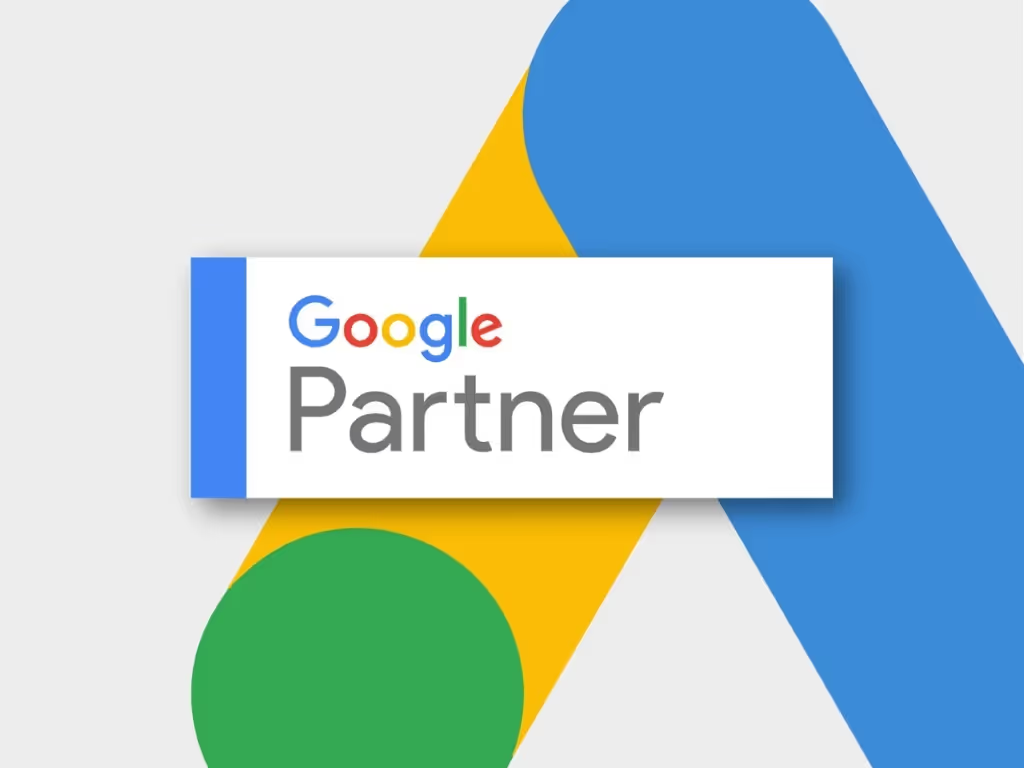
4.9 out of 5 from 670+ reviews on Fiverr.
That’s not luck — that’s performance.
Click-driven mind
with plastic-brick obsession.
We build Google Ads campaigns with the same mindset we use to build tiny brick worlds: strategy, patience, and zero tolerance for wasted pieces.
Data is our blueprint. Growth is the only acceptable outcome.

